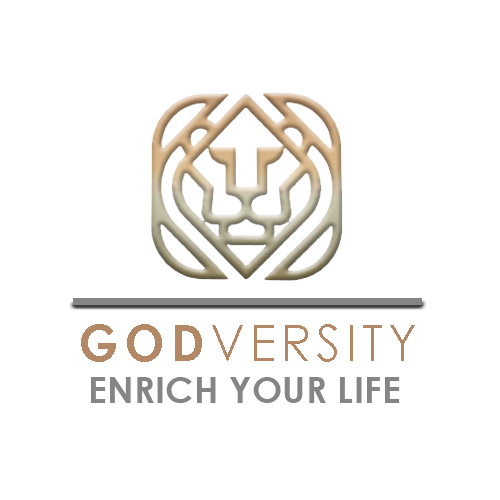The Problem of Evil
- GODVERSITY

- Oct 6, 2019
- 3 min read

Why is there evil in the world? When bad things happen to good people, how does religion make sense of it? If God is all-powerful, why does God let evil exist?
Rabbi: The presence of evil in our world is one of the most-discussed concepts in religious conversation. There are some very simplistic answers, which often are unhelpful.
Imam: It is hard for many people to accept that a God who is good and loving is also willing to allow evil to spread in the world. Wars rage on, innocent people are killed, and women and children too often suffer as victims of unspeakable violence. This makes it difficult to accept a religion whose God stands by as evil happens all around us.
Rev: We should be able to solve this in a 600-word column! But seriously, you have both hit on the two biggest issues: simplistic answers, and a good God allowing evil. I believe that the problem lies in the doctrine of omnipotence: the idea that God is all-powerful and can change the basic laws of physics and the universe. I think it's one of Christianity's biggest theological mistakes.
Rabbi: There are Jews who do not accept the idea of a God who interacts in every aspect of the world. And for those who do believe in God's omnipotence, they may also believe that because we are given free will, part of the price for having free will is that God chooses not to act at certain moments, giving us opportunities to make those choices.
Rev: Ah, the "cosmic clockmaker" concept. I have a problem with that, Rabbi. Theologically, I can live with a God who would help, but can't, far better than with a God who could act, but won't.
Rabbi: Rev, I understand the problem you have with this view. It may seem to you as if God is cruel if God is able to intercede and does not. But consider what Judaism teaches: Evil is an aspect of the way the world was created. There is a certain amount of space in the world, and we as human beings can choose to fill it with good or evil. When good withdraws from the world, it leaves space for evil to enter.
Imam: Islamic scholars say God is all-good and God is all-powerful, and God is able to interfere at any time, if God so chooses. But God doesn't. This is because God made a covenant with us not to interfere and to give human beings "unalterable free will." We are responsible for our choices, even if they are destructive. If a teacher always interferes in the student's work and corrects his mistakes, the student will not learn much.
Rabbi: Imam, great analogy, but I also said that Judaism has different viewpoints on God's omnipotence. The tradition has different understandings about whether God is all-powerful or not. One Rabbi actually taught that we can shut God out of the world.
Rev: Actually, a teacher who does not help the student do her best work is a lousy teacher, I think! Many Christians believe in unbridled omnipotence. My problem: Faith should empower us to work for justice and not allow evil to have free reign -- if we have any ability to stop it. To me, we would expect the same kind of morality from God. You know we have all that "created in God's image" stuff. Wouldn't this be part of God's image? Always help, if able?
Rabbi: In my tradition, "created in God's image" also means having to deal with the bad stuff, like evil. It is a part of being in partnership, a covenant with God.
Rev: Yes, Rabbi, DEAL with it, but we don't let it just run rampant!
Rev: But Imam, that doesn't help with the unjustified suffering here in this life! It would take another whole column to discuss "final judgment."
========
The Rev. Bryan Fulwider, Rabbi Steven Engel and Imam Muhammad Musri are The Three Wise Guys. Their website is at http://twgradio.com/. You can email them at comments@twgradio.com. (c) 2019 Rabbi Steven Engel, Imam Muhammad Musri and Rev. Bryan Fulwider




Comments